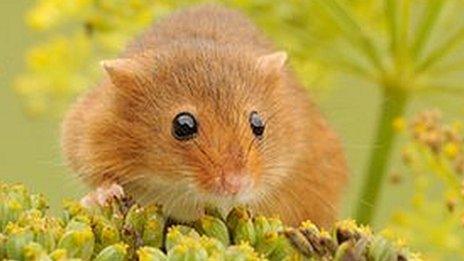Harvest mice on the move as Northumberland nest site grows
- Published
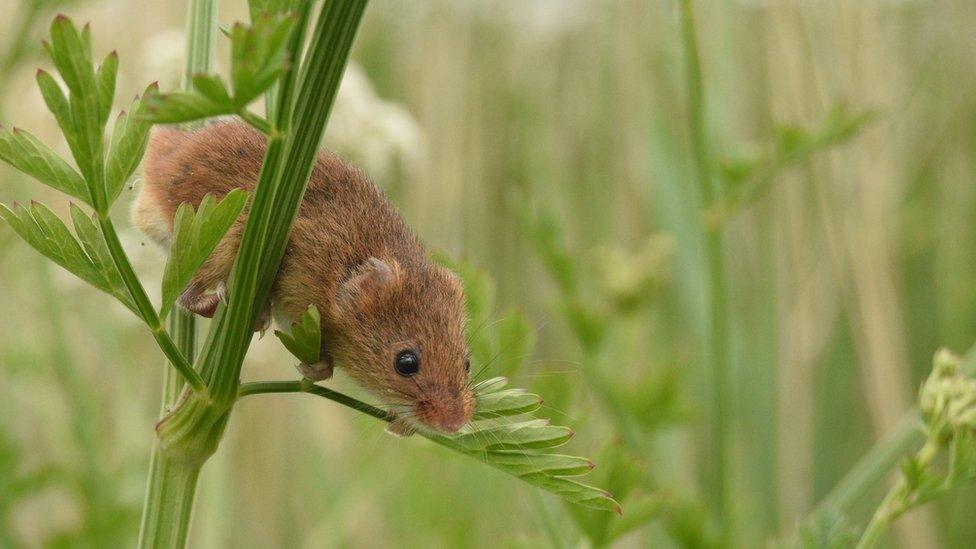
Weighing about the same as a 10p coin, the tiny rodents build their nests off the ground, in long tufted grass and reedbeds
Harvest mouse nests have been discovered at a second nature reserve in Northumberland.
Some of the mice released at East Chevington nature reserve in 2021, are thought to have relocated to Druridge Pools, about one mile away.
Northumberland Wildlife Trust said it was a "wonderful sign" the tiny mammals' population was expanding.
The tiny rodents are classed as near-threatened species and build circular grass nests three feet from the ground.
The 200 mice released onto the East Chevington reserve two years ago were part of the trust's Catch My Drift project.
Since then 36 nests have been discovered on the 185 hectare site, with 13 of them being found last autumn, more than a mile away from all the other nests.
It was the second time the mice, which are Britain's smallest mammal, have been introduced to the area after 240 were released at the same location 18 years ago.
Volunteers carried out "an extensive search" of the area around the East Chevington reserve at the beginning of the year to see if the mice had ventured outside it.
They found two nests at Druridge Pools which offers the same kind of habitat favoured by harvest mice - long tufted grass, reed beds, good scrub land and hedgerows for nesting.
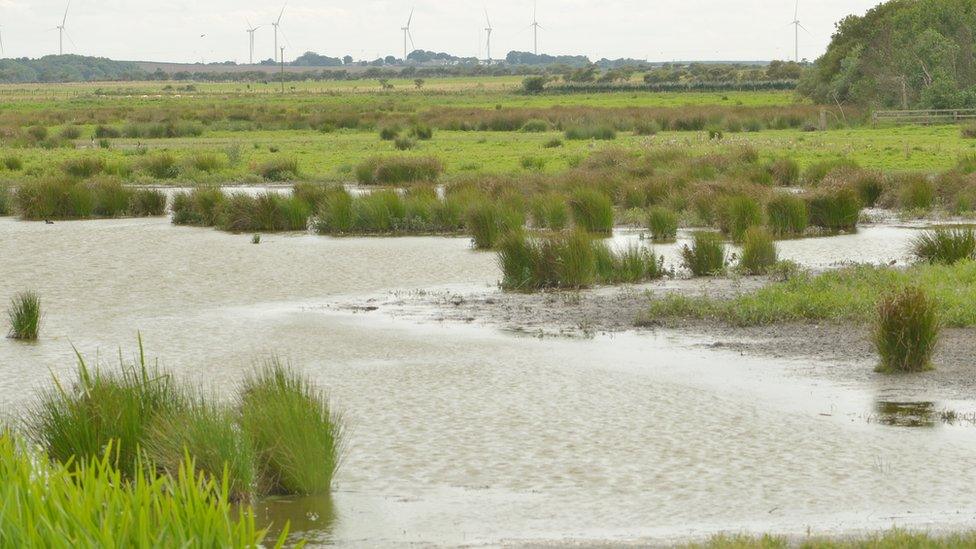
The nests found at Druridge Pools are the first evidence of harvest mice moving away from East Chevington
Sophie Webster, from the wildlife trust, said: "After we found the East Chevington nests one mile away across the reserve from the others, it spurred us on to look further afield.
"Harvest mice numbers have declined throughout the UK in the last 40 years and are now quite rare.
"To find we now have nests on two sites is a wonderful sign that they are not only breeding but using habitat corridors to expand and establish populations around the area."

Follow BBC North East & Cumbria on Twitter, external, Facebook, external and Instagram, external. Send your story ideas to northeastandcumbria@bbc.co.uk, external.
Related topics
- Published2 October 2022
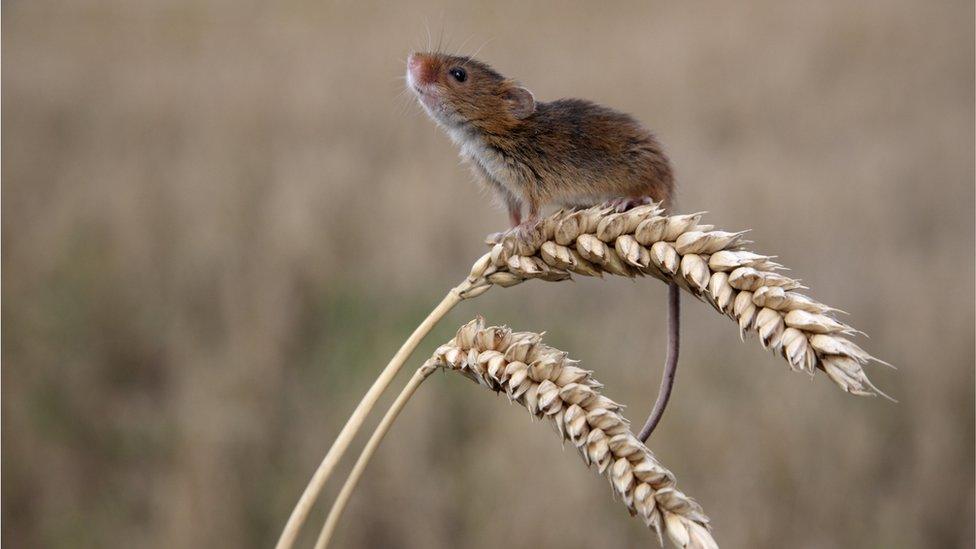
- Published23 November 2021
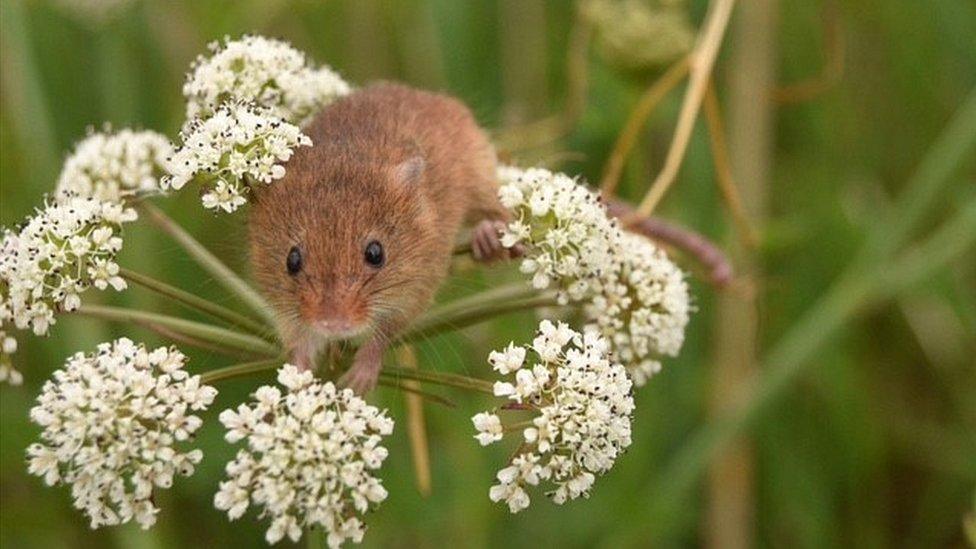
- Published8 August 2021

- Published22 January 2015
